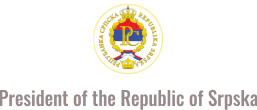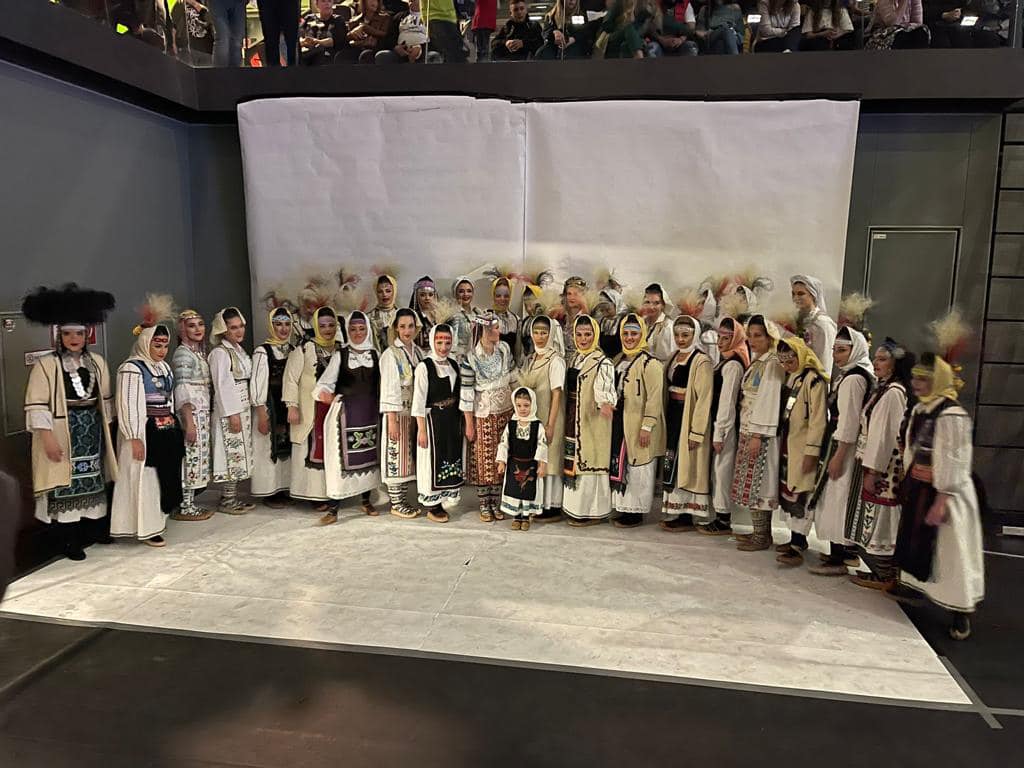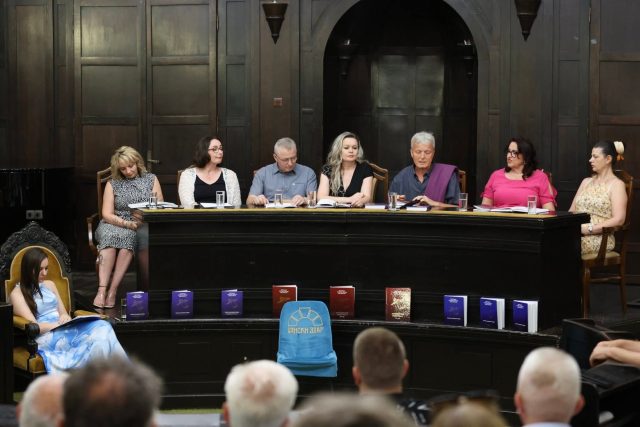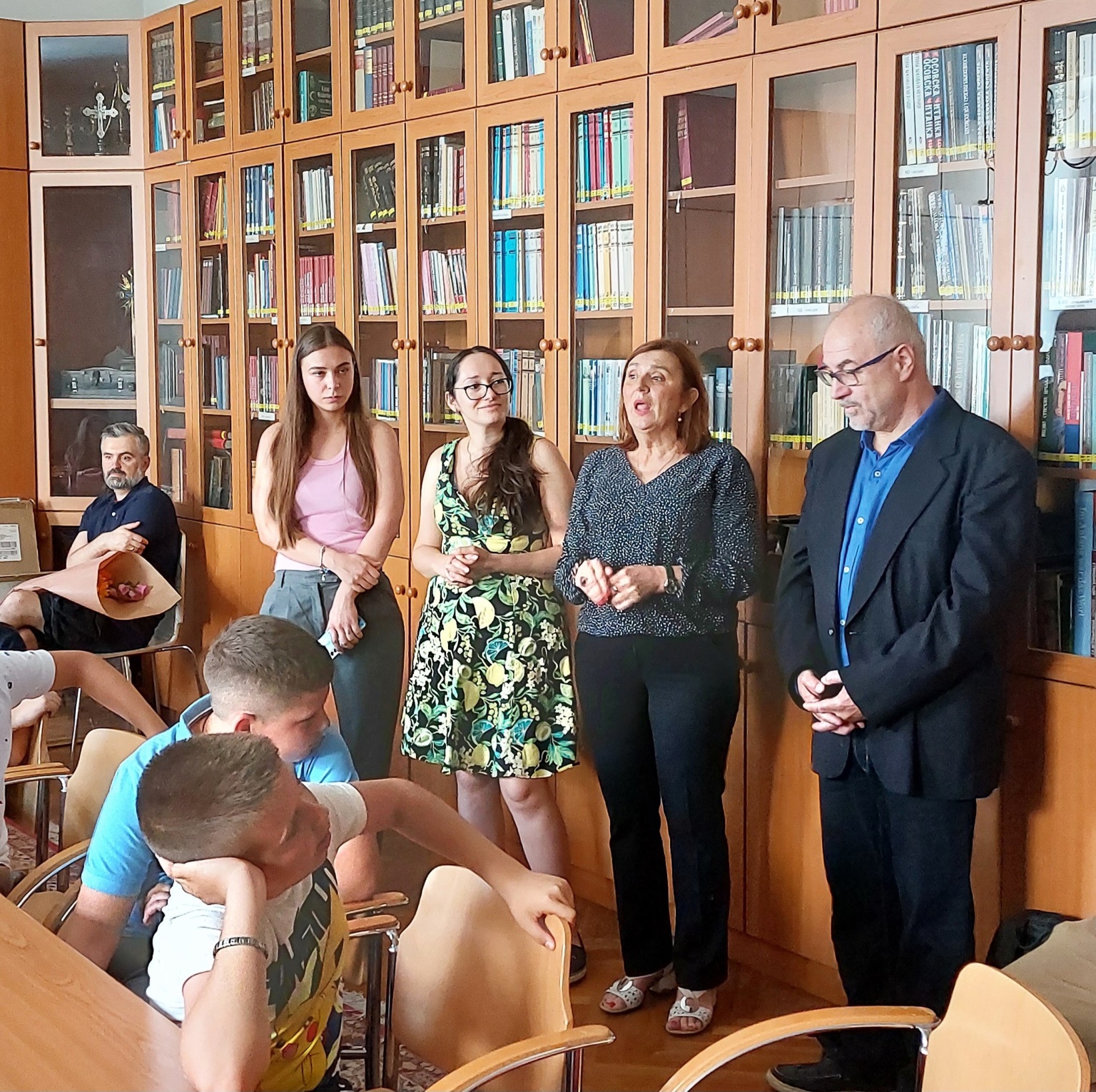The 37th Austrian Festival of Serbian Folklore was held in Schwechat near Vienna. The organizer was the Austrian Association of Serbian Folklore, whose representatives were overjoyed for being able to hold the festival after a two-year interruption caused by the coronavirus pandemic, with more than 700 participants and about 3,000 visitors. In addition to the Ambassador of the Republic of Serbia to Vienna, Nebojša Rodić, the festival was attended by Arnaud Gouillon, Director of the Directorate for Cooperation with the Diaspora and Serbs in the Region, as well as many representatives of the Austrian political life, including the Chairman of the Austria-Serbia Friendship Group and Member of the Austrian Federal Parliament, Gudrun Kugler, envoy of the Mayor of Vienna, Kurt Stürzenbecher, and representatives of the local authorities of Schwechat and the 16th Viennese District.
‘I am glad to be here. Austria is close to Serbia, and even though you are here, Serbia is in your heart. Folklore plays an important role in preserving the identity of the Serbian people. It is more than dance. Every dancing child repeats the steps danced by his or her ancestors and passed down from generation to generation’, said Arnaud Gouillon, adding that he also taught his children to dance Serbian folk dances, and commenting that kolo was danced everywhere, at all celebrations around the world featuring Serbs. ‘This nurtures the culture, tradition and identity of the Serbian people.’ He shared his impressions from Austria on his social networks the same evening. ‘The Serbian kolo is being danced again in Vienna, after a long two-year break! The crowded auditorium and many performing ensembles show how much our largest community in Europe has longed for dancing. I wanted to be with the folk dancers and Serbian people, to speak to them and enjoy the most beautiful dances from Serbia. This year, the Directorate’s support to Serbian folklore societies from Austria will be focused on the purchase of costumes and assistance in organizing central festivals. Ambassador Rodić and representatives of the Austrian Folklore Association headed by Aleksandar Stanković are always good hosts. I would like to thank them for the welcome, as well as to all the Serbs from Austria that I saw at the festival.’
After greeting those present, the President of the Austrian Association of Serbian Folklore, Aleksandar Saša Stanković, noted that the goal of the festival was to make the participants feel like ambassadors of culture, to meet each other, make friends, nurture the language and traditions of their ancestors. For the Association, every child who came to the stage is a winner. ‘No one has the right to prevent these children from coming, showing what they know, receiving a festival t-shirt, and returning to their societies satisfied and full of impressions, and then passing those impressions on to other peers, in turn stirring their interest in Serbian tradition and folklore’, said the President of the Austrian Association Stanković.
The jury (Vesna Bajić, Bojan Milinković and Miloš Rašić) awarded the most points (99.5) to the Stevan Mokranjac Serbian Cultural Center from Vienna. In addition to the Mokranjac folk dancers, other recipients of the golden plaque were the Viennese culture and sport association Bambi and Sollenau cultural and artistic society Jovan Jovanović Zmaj. Silver plaques were awarded to the dancers of the Linz cultural and artistic society Ostrog, Leobersdorf cultural and artistic society Mladost, and members of the Serbian Culture and Sport Community Salzburg. Bronze plaques were presented to the youth from the Feldkirch cultural and artistic society Jovan Jovanović Zmaj, Viennese cultural and artistic society Jedinstvo, and Isenburg cultural and artistic society Ostrog.
Special prizes were also awarded as follows: to the Salzburg Serbian Culture and Sport Community for the folk costume adapted to younger generation; to the Feldkirch Jovan Jovanović Zmaj Society for the best female singing with choreography; to the Linz cultural and artistic society Ostrog for the best musical arrangement. Miljana Samardžić from the Viennese culture and sport association Bambi was declared the best vocal soloist.
Source: RASEJANJE.INFO
Photo: Archive М. Runjo





